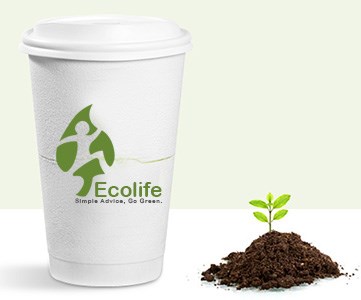Key Composting Standard to be Revised
ASTM is updating standard as more and more products become certified as compostable.
ASTM is updating standard as more and more products become certified as compostable.
The composting standard ASTM D6868, widely used by third-party certifiers and laboratories to help manufacturers make verifiable claims about their products, will be revised, according to the ASTM International Committee on Plastics (D20), W.Conshohoken, Penn.
The D6868 specification establishes the requirements for labeling of materials and products including packaging, whereby a biodegradable plastic film or coating is attached to paper or other compostable substrates—either through lamination or extrusion, and the entire product or package is designed to be composted in municipal and industrial aerobic composting facilities.
According to ASTM member Rhodes Yepsen, who serves as executive director of the Biodegradable Products Institute, BPI has tested and certified thousands of products as compostable according to D6868. “As more and more businesses and municipalities collect food scraps for composting, this is a critical standard for determining whether the products included with the food are truly compostable.” BPI is a non-profit professional association of key individuals and groups from government, industry and academia, which promotes the use and recycling of biodegradable polymer materials via composting.
The current specification does not describe the contents of the product or their performance with regards to compostability or biodegradability. In order to compost satisfactorily, the product must demonstrate each of three characteristics:
- Proper disintegration during composting
- Adequate levels of inherent biodegradation
- No adverse impacts on the ability of composts to support plant growth
Currently, there is no known ISO equivalent for this standard.
In addition to businesses and municipalities that collect food scraps for composting, the revised standard is also expected to help regulators and others who specify compostable products.

Related Content
-
ICIS Launches: Ask ICIS Generative AI Commodities Assistant
Said to be the first of its kind, this AI assistant will enhance access to ICIS’ intelligence and insights for the energy and chemical markets.
-
Why Are They Blending Biopolymers?
A sit-down with bioplastic producer Danimer Scientific showed me there are more possible answers to that question than I had previously thought.
-
At NPE2024, Follow These Megatrends in Materials and Additives
Offerings range from recycled, biobased, biodegradable and monomaterial structures that enhance recyclability to additives that are more efficient, sustainable and safer to use.















